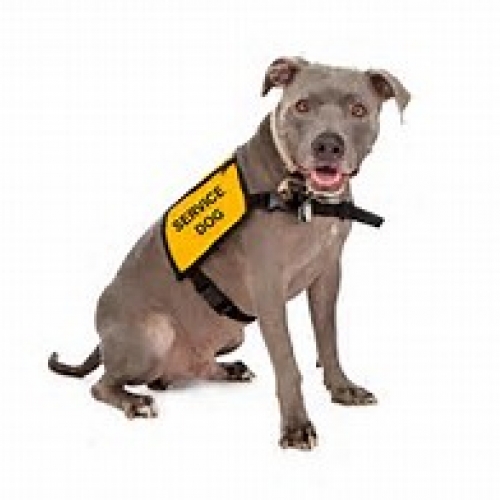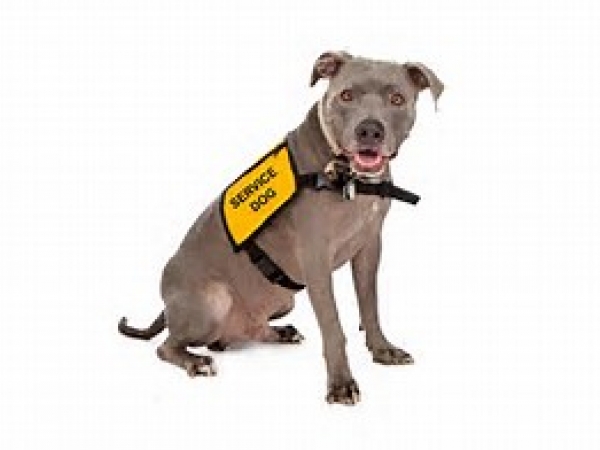
Service Dog Regulations
http://www.gcd.ri.gov/play/history.php
Service Animals
Under the Americans with Disabilities Act, a service animal means any dog that is individually trained to do work or perform tasks for the benefit of an individual with a disability, including a physical, sensory, psychiatric, intellectual, or other mental disability. Other species of animal, whether wild or domestic, trained or untrained, are not service animals for the purposes of the ADA; however, there is a possible exception for miniature horses. An entity shall provide access, or shall make reasonable modifications in policies, practices, or procedures to permit the use of a miniature horse by an individual with a disability is the miniature horse has been individually trained to do work or perform tasks for the benefit of the individual with a disability. But there are additional assessment factors for miniature horses. To determine whether to allow a miniature horse into a specific facility, the entity must consider: the type, size, and weight of the miniature horse and whether the facility can accommodate these features; whether the individual has sufficient control of the miniature horse; whether the miniature horse is housebroken; and whether the miniature horse's presence in a specific facility compromises legitimate safety requirements that are necessary for safe operation.
The work or tasks performed by a service animal must be directly related to the individual's disability. Examples of work or tasks include, but are not limited to, assisting individuals who are blind or have low vision with navigation and other tasks, alerting individuals who are deaf or hard of hearing to the presence of people or sounds, providing non-violent protection or rescue work, pulling a wheelchair, assisting an individual during a seizure, alerting individuals to the presence of allergens, retrieving items such as medicine or the telephone, providing physical support and assistance with balance and stability to individuals with mobility disabilities, and helping persons with psychiatric and neurological disabilities by preventing or interrupting impulsive or destructive behaviors. The crime deterrent effect of an animal's presence does not constitute work or tasks for the purposes of the ADA definition of a service animal.
The provision of emotional support, well-being, comfort, or companionship does not constitute work or tasks for the purpose of the definition under the ADA. Therefore, comfort animals, emotional support animals, or therapy animals are not service animals and are not covered by the ADA. Although there are psychiatric service dogs, they are not the same as a comfort or therapy animal. Psychiatric service animals are trained to perform tasks that assist individuals with disabilities to detect the onset of psychiatric episodes and ameliorate their effects. Tasks performed by psychiatric service dogs may include reminding the handler to take medicine, providing safety checks or room searches for persons with PTSD, interrupting self-mutilation, and removing disoriented individuals from dangerous situations. the difference between an emotional support animal and a psychiatric service animal is the work or tasks that the animal performs.
For additional information regarding service animals, please see our Title III: Frequently Asked Questions page on the website listed at the top.






